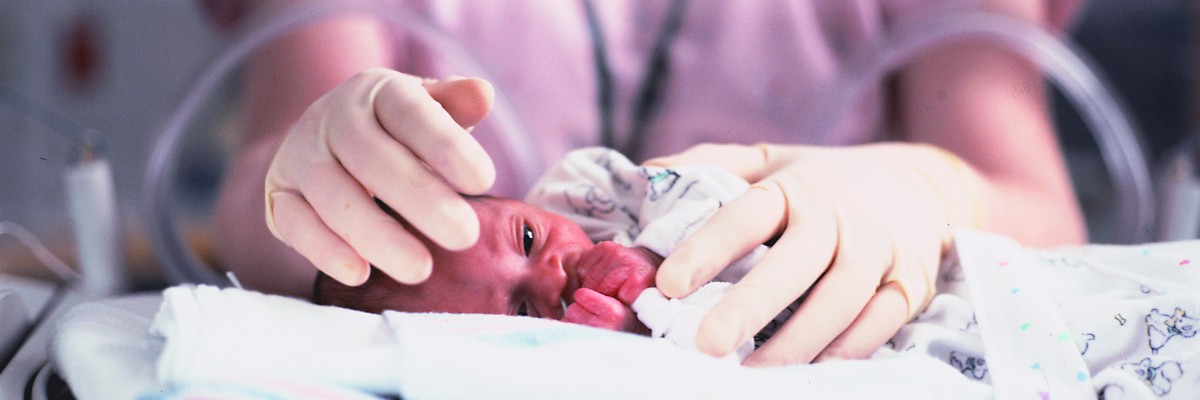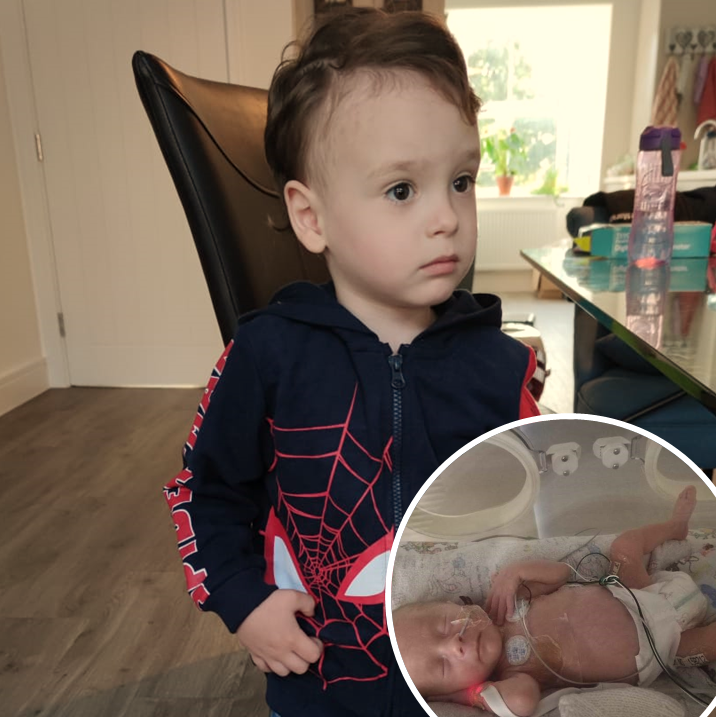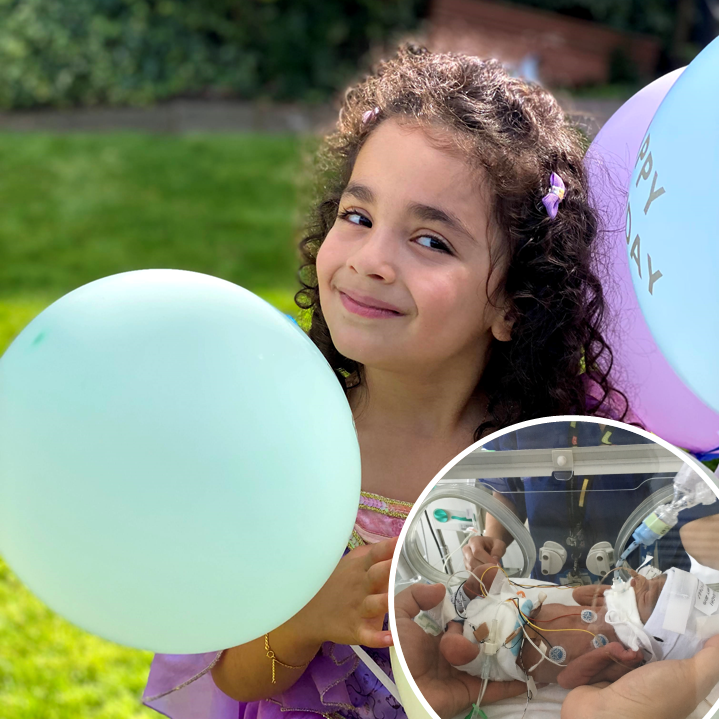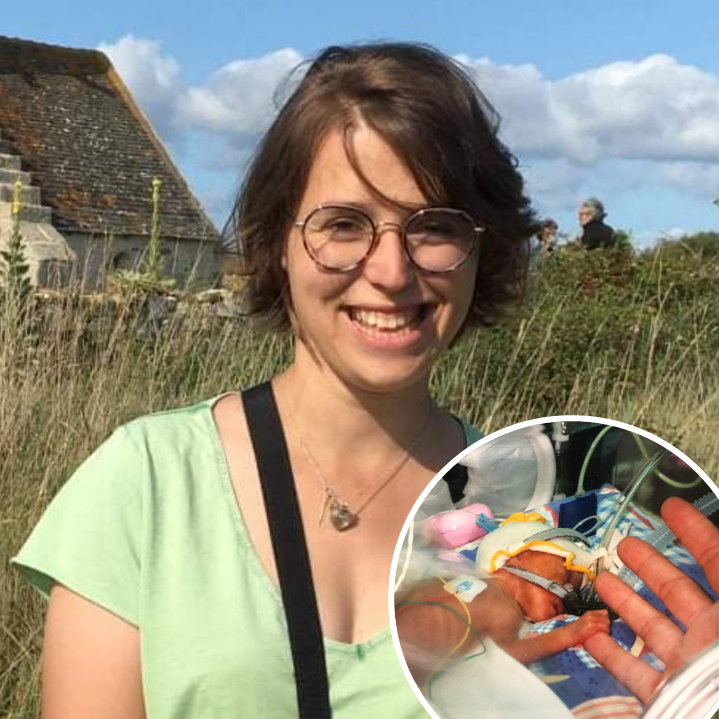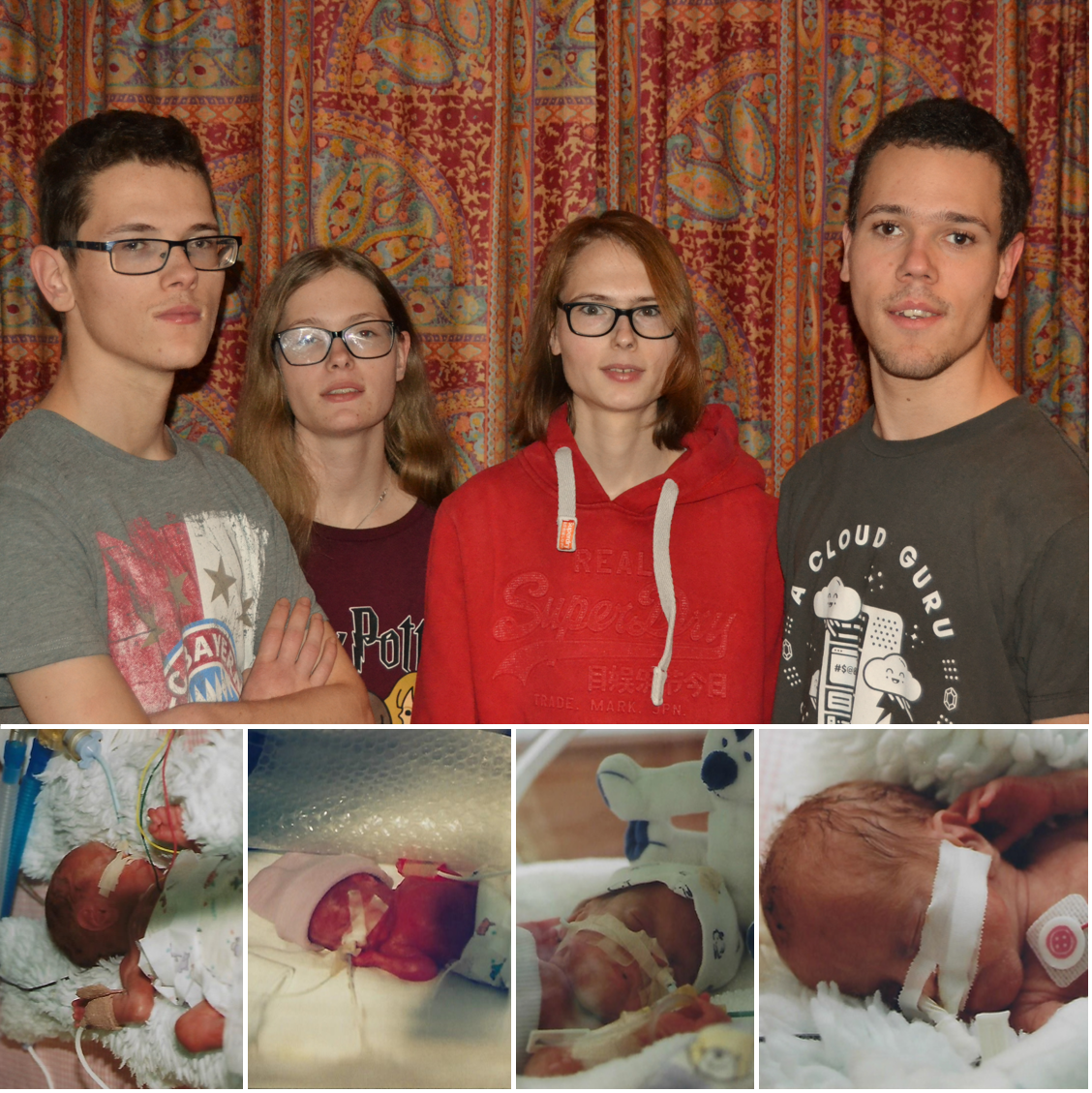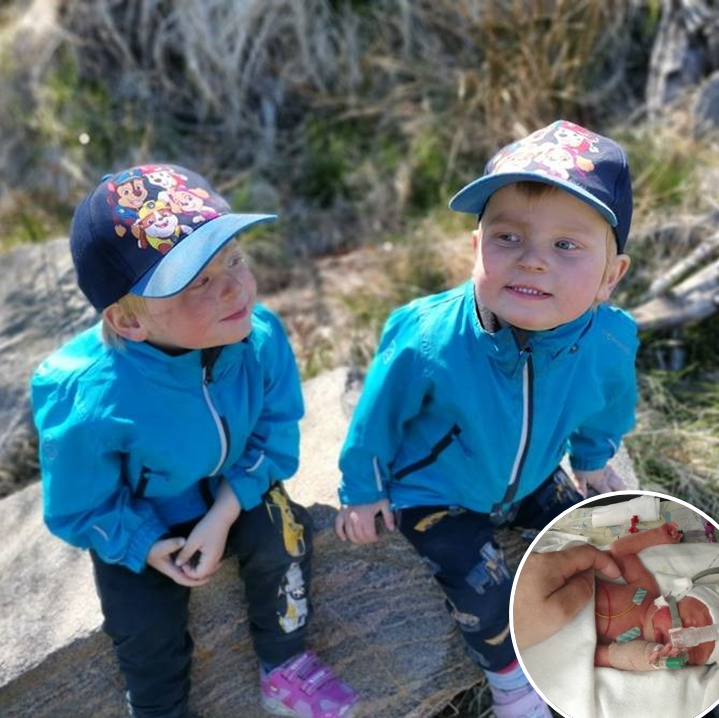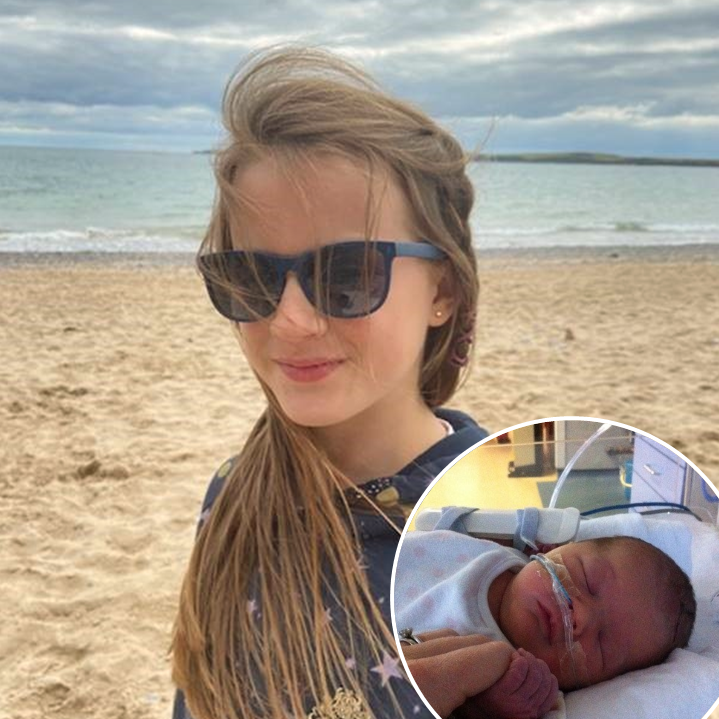Fifteen million babies are born preterm globally every year – that's one in ten. In a world with increasingly advanced technology, staff do their best to preserve the human relationships that accompany these births. This #PrematurityAwarenessMonth, GE Healthcare is raising awareness of the complications that can surround the birth of premature babies, and their success stories thanks to the NICU staff.
Claire, Sales Implementation Specialist at GE Healthcare, shares the story of her son Ryan, now a happy and healthy three-year-old who was born at 29 weeks. “The doctor flashed my son at me, said congratulations and whisked him away to NICU, where he stayed for 40 day,” she says. “He was ventilated, I can’t remember exactly how long but he was strong and the nurses from day one said, this boy is a fighter. Babies are definitely stronger than we realise and there is always hope.”
“When you have a premature baby, you think you are the only person on this planet that is facing it, until you start going to neonatal units and meet other families with similar stories and sometimes with complications,” says Shina, Service Process and Project leader in the UK and mother of Isla who was born at 29+4 weeks weighing 850 grams.
“Entering the ward and seeing success stories on the walls of neonatal ward, gives you hope that you are not the only one and there is light at the end of the tunnel,” she adds.
“My daughter Juliette is a true miracle,” says Caroline, Communications Manager based in France. “She was born at 24 weeks and 5 days weighing 800 grams, on a Friday the 13th. That will certainly have brought us luck in the end.”
“The journey is so complicated. Juliette remained in intensive care for 7 months. 7 months of great victories but also of great despair. The medical team who took care of her were very important to our history and also to my well-being. They helped me believe, take my place as a mom in this ultra-medicalized world. Finally, when she returned home, 7 months after her birth, I kept only the good memories and I still remain very attached to the professor of the NICU where she was born. Like he was family.”
“Of course, apart from the photos and testimonies of my family, I have no memory of this long fight”, says Caroline’s daughter Juliette, now 22. “What I keep in mind is all the medical follow-up and reeducation I had as a child until I was 10 years old. Appointments with specialists, sometimes several times a week to help me and check that everything was going fine. Being born very prematurely is not neutral. I think all very premature babies need help to catch-up some delays. No doubt this story has influenced my career. I am preparing a diploma as Young Children Educator to work in the child welfare environment.”
Hans experienced a real explosion when his quadruplets suddenly arrived, born at 25 weeks and 6 days old, each weighing between 400 and 720g.
“Your life hangs on their breath. And every day it's three steps forward, two backwards. A real emotional rollercoaster,” he says.
The medical teams spoke a lot with Hans and his wife and immediately warned them of the possible risks to the children. “But they told us maybe they could go home too,” says Hans.
Three and a half months later, when the quadruplets finally came home, it is no less than 32 baby bottles a day that Hans and his wife will feed to these little featherweights to gain strength. Today, at 21 years old, Jurian and Julia are about to enter working life. The other two are continuing their studies: Jarno enters a 3D design school and Yilke wants to take care of young disabled children.
“My boys spent some time in incubator, and they stopped breathing many times a day,” shares Kyrre, Senior Process control Specialist in Lindesnes, Norway and father of identical twins born in week 28 +a few days weighing about 1 kg. “After weeks in neonatal intensive care everything seemed fine: they gained weight, they could breed just fine, and all primary functions were working as they should.”
“They are now 4 years old and happy as can be. I am very thankful for the healthcare-system in Norway, and the professionalism of the staff in intensive care. I could probably say a lot more about the ups and downs, concerns and joys during the time we spent in the hospital. But for us everything turned out fine, and the sleepless nights in the hospital is behind us. Premature or not did not matter in the end,” he adds.
Kathryn’s daughter, Zara, was due around Christmas time and surprised them by arriving on the 7th November. “It was scary time for my husband and I. All our birth plans went out the window,” she says.
“It was a strange time for me as a new mother as I was apart from my baby and was put in a shared room with 2 other new parents with their new babies. They moved me after a few days to a private room, but I was so lonely despite my husband never leaving my side. The positives were that Zara was alive, in the right place and getting stronger for us to take her home.”
“When we were able to take her home, we had to find new clothes for her as none of the new-born clothes we had ready for her fit. They were all far too small. My husband had to dash to the shops to buy ‘tiny baby’ sized clothes.”
Whatever the circumstances, there is nothing more beautiful than a newborn child. To parents worried about the future of a child born prematurely, these testimonies are as much hope for those who experience these journeys in intensive care. And advanced techniques and the integration of their parents into their babies’ care are huge assets for their development and chance of survival.
Every year, some 15 million babies are born prematurely – before 37 completed weeks of gestation.
3 levels of prematurity in children:
- Average prematurity: The baby's prematurity is said to be average when the birth takes place between the 32nd and 36th week of amenorrhea (7 to 8 months of pregnancy).
- Extreme prematurity: Extreme prematurity concerns the birth which takes place between the 28th and the 32nd week (6 to 7 months of pregnancy).
- Very great prematurity: We speak of very great prematurity when birth before 28 weeks (before 6 months of pregnancy).
Among children born prematurely, 85% are medium premature, 10% are very premature and 5% are very premature.

